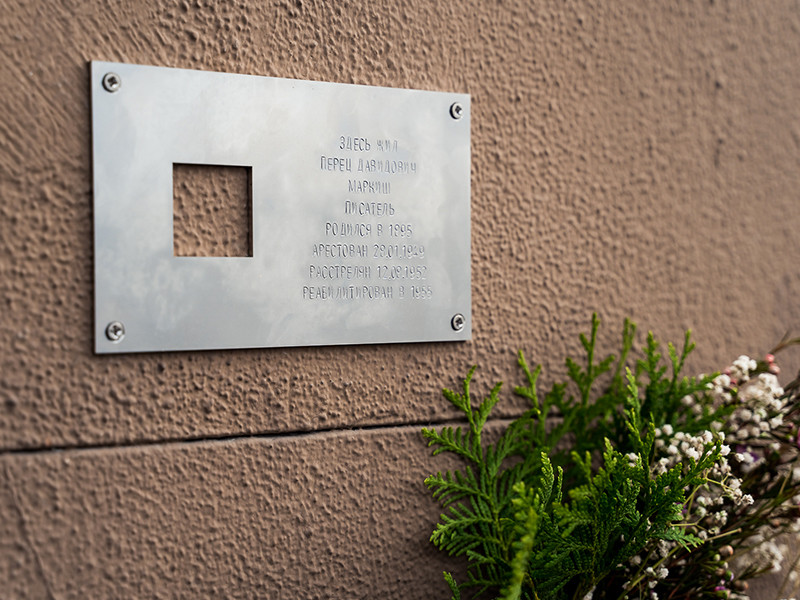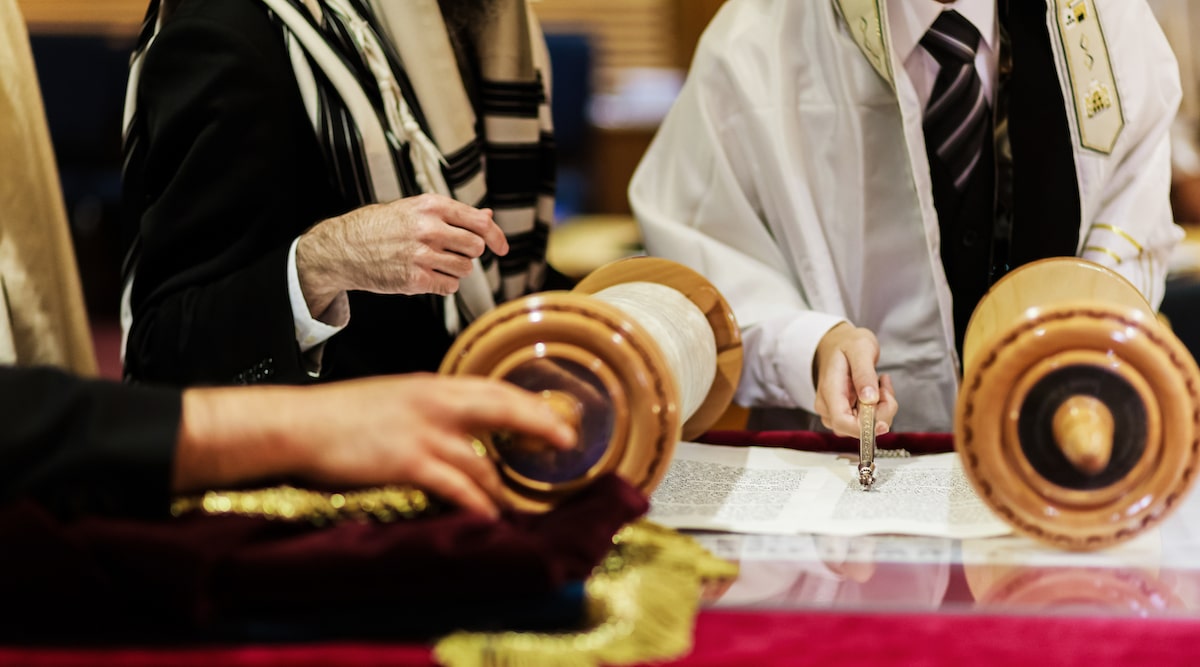- 17/10/2021

Photo: AVI HAYUN
Last week, the first state visit by Israeli President Isaac Herzog took place in Kyiv, during which he met with President of Ukraine Volodymyr Zelenskyy and took part in commemoration ceremonies dedicated to the 80th anniversary of the tragedy in Babi Yar.
As part of the visit, the Euro-Asian Jewish Congress, together with the JNF-KKL, also organized a meeting of Herzog with the leaders of the Ukrainian Jewish community. What may at first glance appear to be a formal visit has the potential to become the first step toward Israel’s rethinking of its role in the Jewish world in general and in relations with the Diaspora in particular.
Way before the founding of the State of Israel, Zionist ideologists dreamed of the central role of the new Jewish state in the Jewish world. Even back then, it was quite obvious that not every Jew in the world would decide to share their fate with the future state – certainly not right away – and therefore the question of building relations between the Jewish state and the Jewish world outside of Israel would certainly arise.
One of the models of these relations was to build a politically and economically strong state, advanced in the field of science and culture, that would serve as an inspiration for the entire Jewish world. The Jewish state was predestined to become not only the “light for all nations,” but for the Jewish nation as well. And if 70 years ago the young state had to fight for its existence and solve lots of internal problems, postponing the dreams of ideologists, today Israel is closer to the described model more than ever – and, in our opinion, it is time to look at relations with the Diaspora more broadly.
STRENGTHENING THE diaspora’s ties with the State of Israel is one of the focus areas of the Euro-Asian Jewish Congress. The EAJC has established close relations with the government of Israel and the Knesset, the Israeli embassies in the countries of the region, and the representative offices of the EAJC member states in Israel. The congress is actively working to form an objective view of the Jewish state among opinion leaders in various countries, and also consistently advocates the active involvement of Diaspora Jewry in Israeli affairs.
According to the study conducted by the EAJC, Israel has been the critical component of Jewish identity in the former USSR countries. Social networks, communications, connections, and immigration plans there mainly focused on Israel.
Solidarity with Israel is felt by 69% of the Jewish population of the post-Soviet space. Among the most attractive features of Israel, about half of those polled in Russia, Ukraine, Belarus, Kazakhstan, and Moldova noted its Jewish character (46%) and the fact that this “economically developed state provides good opportunities for getting settled in life” (56%). Only 4% believe that “there is nothing attractive in Israel” or found it difficult to answer the question. Interestingly, 20% named Israel as their country, or Israel and their country of residence at the same time. More than 70% believe that Jews should be patriotic to both their country of residence and Israel.
Given that interest in Israel, the Jewish state should intensify its participation in the life of the Diaspora, paying particular attention not only to diplomatic work but also to the active involvement of the Diaspora Jews in the discussion on issues of concern to Israeli society.
THE OPINION and voices of Jewish communities should be heard. As a result, the understanding of the complex social and political processes taking place in Israeli society among the Diaspora could be more profound as well. Ultimately, Diaspora Jews, today can always become full members of Israeli society tomorrow by exercising their right to repatriate under the Law of Return.
In October 2020, former Minister of Diaspora Affairs Omer Yankelevich initiated a bill regarding contacts with Jewish communities on issues affecting Diaspora affairs that would be binding on Israeli government ministries. We supported the initiative and proposed to intensify contacts between the Israeli authorities and leaders of the Diaspora.
This approach is also shared by the current Minister of Diaspora Affairs, Nachman Shai, who took part in a meeting of the Executive Committee of the World Jewish Congress in June. He declared then his readiness to cooperate with Jewish organizations representing Diaspora Jews and also noted that, from his point of view, it is a two-way process: Just as Israel should take care of the Jews of the Diaspora and listen to their opinion, so should the Jews of the Diaspora seek contact and be interested in what is happening in Israel.
At our recent meeting, President Herzog, who previously served as the head of the Jewish Agency for Israel and is well acquainted with Jewish life in the Diaspora, supported the position of the EAJC on the realization of Israel’s function as a state of the entire Jewish people and a center for the Jewish world, expressing readiness for active cooperation with the Euro-Asian Jewish Congress.
All these processes give us strong hope that Israel can finally reconsider its view of relations with the Diaspora and look at the Jewish communities not only in the context of attracting aliyah but also in terms of building a long-term, deep connection, involving Jews around the world in the discussions about where the Jewish state is headed and how it affects the Jewish world.





